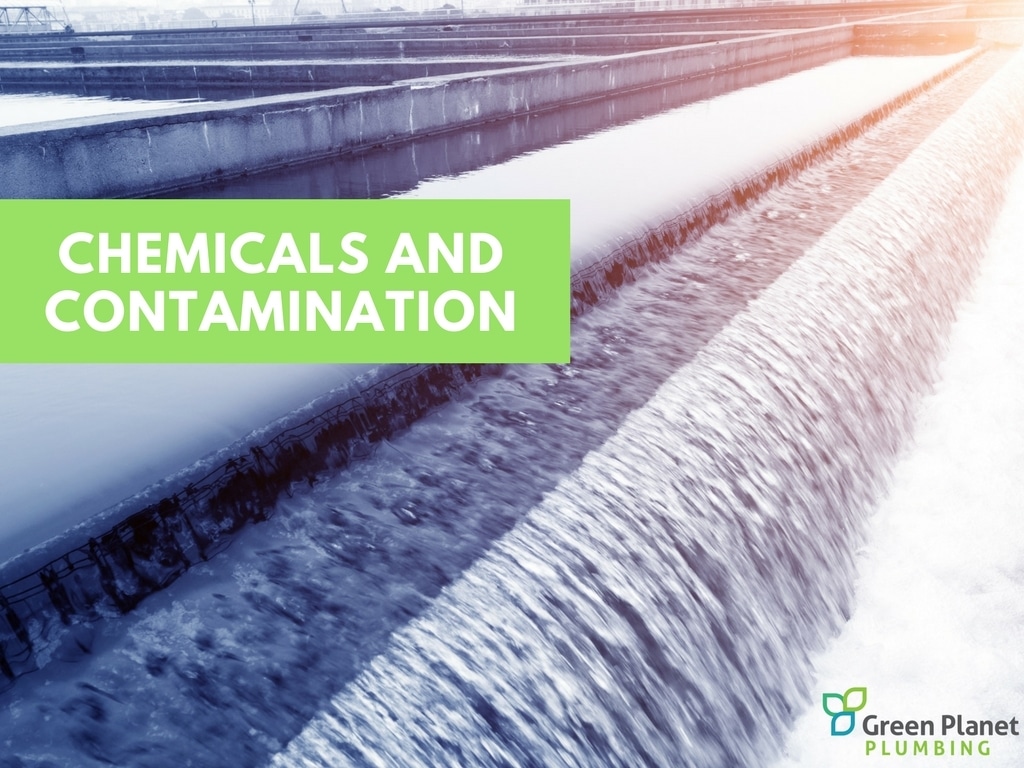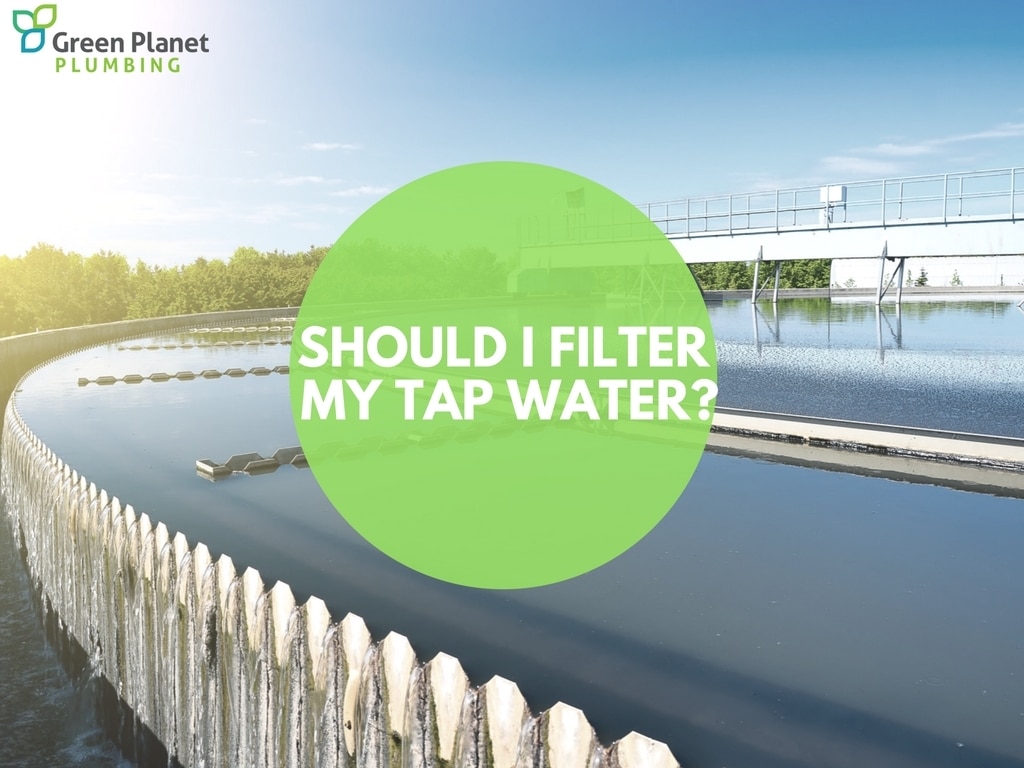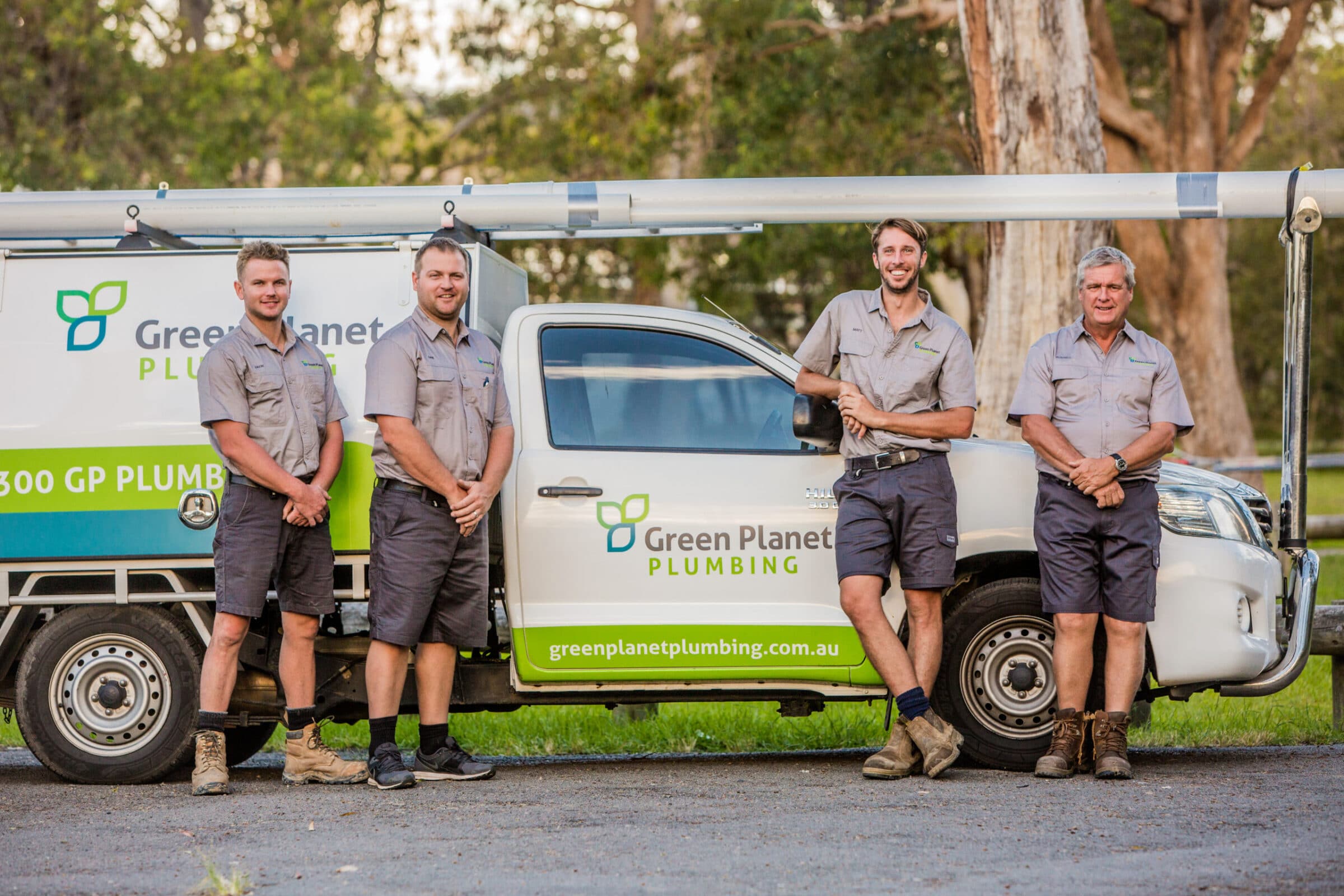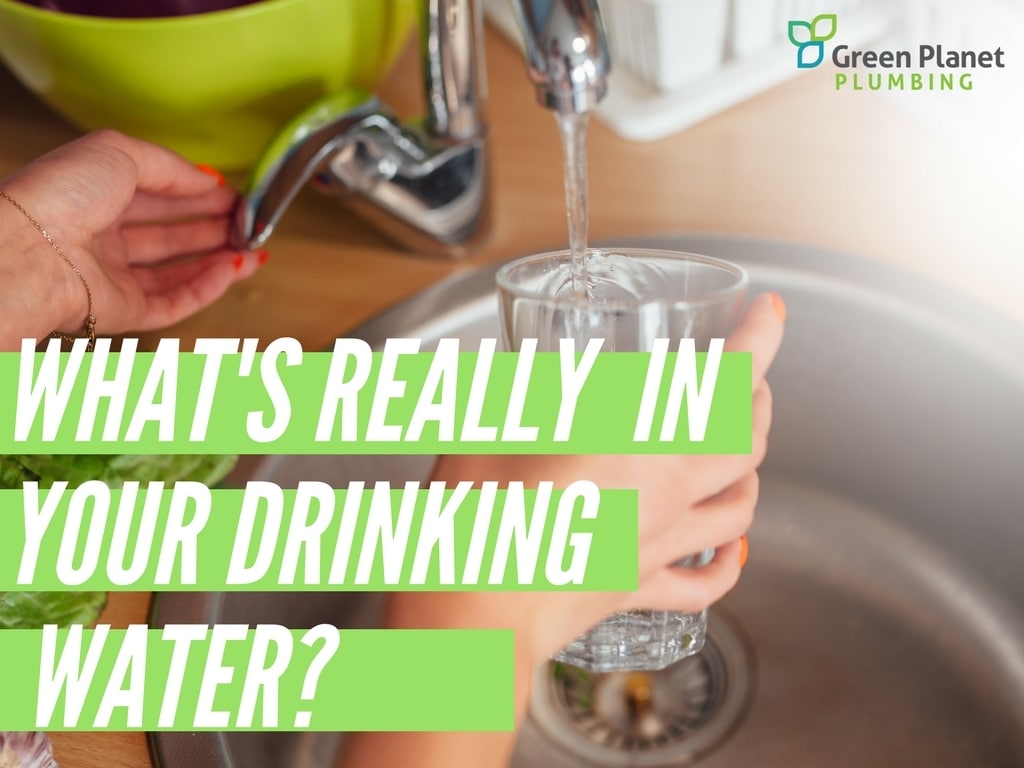Do you ever stop to think what might be in the glass of water you’re drinking from your tap? Or do you think after filtering it you can put your mind at ease? We’re not here to give you reasons to be paranoid about your safety, just here to provide useful facts and information from Australian health resources in regard to the quality of your drinking water. There are some facts that might surprise you!
A safe and secure supply of drinking water is crucial to public health. The Australian Drinking Water Guidelines (ADWG) published in 2011 provides a solid foundation for assessing the quality of drinking water, by outlining health-based and aesthetic criteria as well as emphasising the philosophy of a preventative multiple barrier approach to protecting drinking water quality from catchment to tap.
Despite these guidelines, when your water supply reaches you it may sometimes be paired with undesirable qualities.
Most people in New South Wales receive good quality drinking water that is safe to drink. However, slight variations in the quality of drinking water will occur due to the different sources of water used and the different forms of treatment.
Bottled water is not necessarily any safer than your local drinking water supply.
Hunter Water publish monthly drinking water quality summaries on their website, where you can find the statistics on the water quality tested in your suburb. They claim that their drinking water systems are aligned to “The Framework for Management of Drinking Water Quality”, that is part of the ADWG.

Chemicals and Contamination
Several different chemicals, both organic and inorganic, including some pesticides, that may be found in drinking water are a health concern due to their toxic nature to humans or the suspicion of causing cancer. Some chemicals can also affect the aesthetic quality of drinking water.
The presence of chemicals in drinking water may result from:
- natural leaching from soils, rocks and mineral deposits into source waters;
- land-use activities in catchments leading to exacerbation of natural processes such as mobilization of salts;
- run-off from agricultural operations within drinking water catchments;
- biological processes including growth of cyanobacteria and algae in waterways and reservoirs;
- contamination of source water by treated effluent discharge and other point sources within the catchment;
- carry-over of small amounts of treatment chemicals;
- addition of chemicals such as chlorine and fluoride;
- corrosion and leaching of pipes and fittings.** Australian Drinking Water Guidelines Version
Water utilities disinfect drinking water with chlorine to kill microorganisms that may cause disease. Fluoride is also used in many water utilities to protect against tooth decay. These chemicals are added in carefully controlled amounts, with the levels monitored to ensure they meet the Australian Drinking Water Guidelines.
Hunter Water suggest removing the chlorine taste from drinking water by allowing a jug of water to stand for a few hours before drinking.
In the Water Quality Management Fact Sheet, Hunter Water state that drinking water is treated through the processes of:
- Coagulation/flocculation;
- Sedimentation;
- Filtration;
- Disinfection;
- Sludge drying;
- Fluoridation; and
- pH correction.
The chemicals used as part of the filtration treatment process, such as alum and ferric chloride, are reduced to very low levels before leaving the treatment plant.
There is no such thing as naturally pure water, all water contains some impurities. As water flows in rivers, is captured in dams and filters through layers of soil and rock in the ground, it can dissolve or absorb a range of substances. Majority of these are harmless. However, at certain levels, some substances are considered contaminants that can make water foul-tasting or even unsafe to drink.
Contamination of drinking water by pesticides may occur occasionally because of accidental spills, misadventure, or emergency use of pesticides. In such cases, immediate action may be required by public health officials. The health-based guideline values are taken from the acceptable daily intake (ADI) and are set at approximately 10 per cent of the ADI for an adult weight of 70 kg and a daily water consumption of 2 litres. The health values include a range of safety factors and can be conservative.
Plumbing In Your Home
Copper pipes are common in plumbing systems in Australia (and internationally). This means that your drinking water can contain elevated metals including copper and lead when left in pipes for extended periods.
Because of this, it’s useful to flush cold taps for 2-3 minutes before using the water to drink or to cook with. This lowers the levels of copper and any other metals that may be present in the drinking water. Please be mindful of water conservation and know that the first flush of water can be used for watering plants, washing up or other uses that isn’t drinking.

Should I filter my tap water?
Not all filters remove harmful microorganisms. If a filter is used it should be certified against an appropriate standard.
Because the tap water has already been treated, there is generally no need to filter it, as it should be safe to drink. If you wish to filter your tap water to improve the taste, you should replace them regularly otherwise the filter will become ineffective- follow the manufacturer’s instructions when doing this.
Impurities that may be found in untreated drinking water include:
- Clays and silts – ‘cloudy’ unaesthetic water effect and particles can shield micro-organisms from disinfection.
- Natural organic matter – may create taste and odour problems
- Iron – may create taste, odour and aesthetic problems
- Manganese – may create taste, odour and aesthetic problems
- High or Low pH – can cause problems with corrosion, taste and odour problems and ineffective disinfection
- Micro-organisms – removal of pathogenic micro-organisms is necessary to prevent water-borne illness.
For more information, you can read the fact sheets available on Hunter Water and the extensive information provided on the NSW Health website.

If you’re concerned about your drinking water, the corrosion and leaching of pipes and fittings or anything else we can help with, give us a call in Green Planet Plumbing and we’ll let you know how we can help!
1300 GP PLUMBING
02 4911 9402

